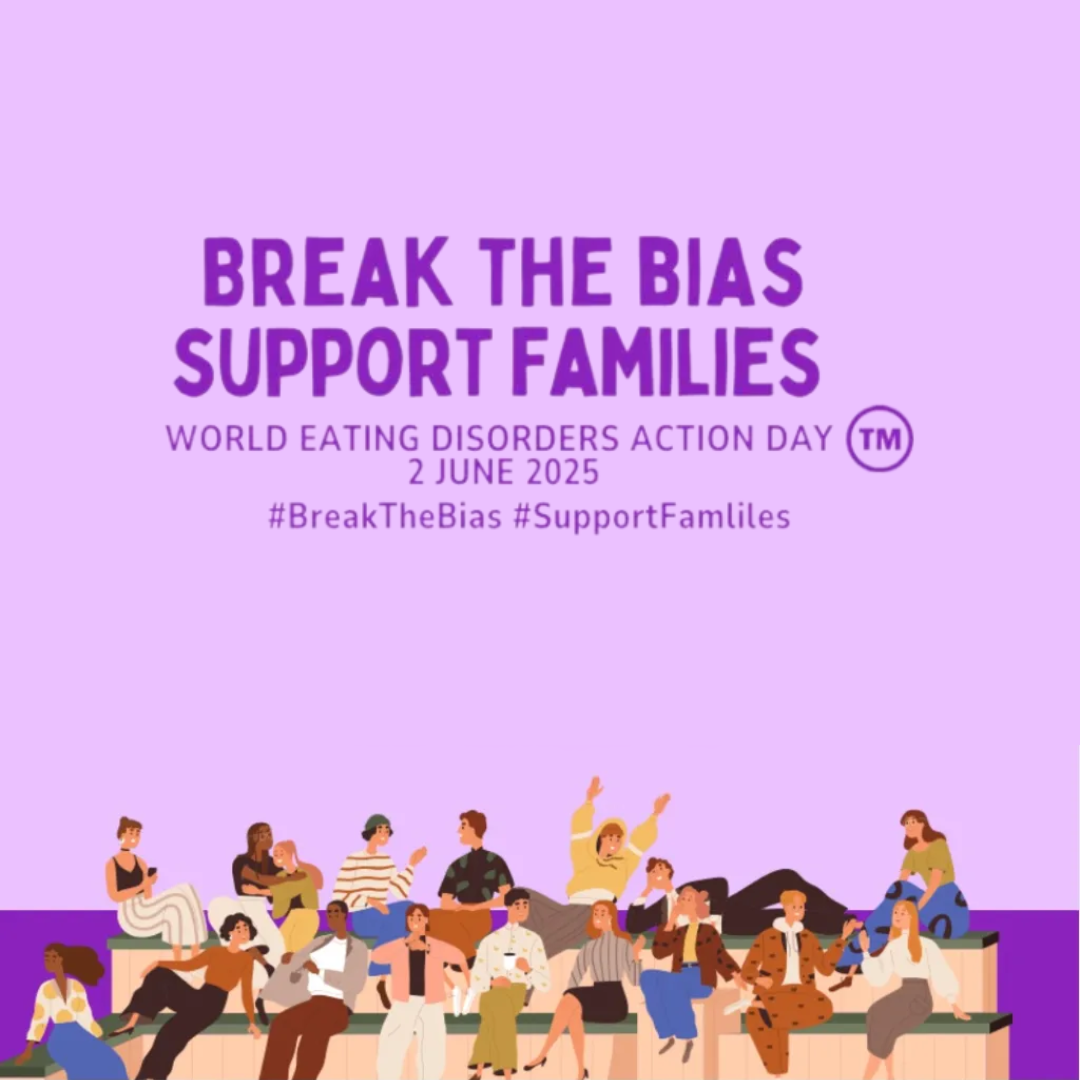There are many different types of eating disorders that people can suffer from. Avoidant Restrictive Food Intake Disorder (ARFID) is one of the least understood and studied.
According to the East London NHS Trust, "There is currently no solid data for how many people in the UK have ARFID as it is very often conflated with “fussy” eating; however, in a systematic review of 30 studies, the estimated prevalence of ARFID in child and adolescent samples ranged between 0.3% and 15.5%.”
Although many people with ARFID can present as being underweight, some individuals can become obese as they become fixated on unhealthy foods and will not tolerate anything other than for example crisps and chocolate etc.
As a person with ARFID can present as being either underweight or obese, it can be difficult for the individual and the families to explain. This can present as the child not just being fussy but actively making poor food choices which can cause difficulties in education provisions as most establishments now have healthy eating policies, and the individual may be singled out for poor food choices especially in packed lunches.


It is important to note that individuals can share some of the aspects of the different types of ARFID, but will mainly fall within one; however, this can change over time, especially with trauma based ARFID as the individual may have been masking the initial cause.
ARFID - Possible Signs and Symptoms
Below are some of the signs and symptoms that someone who has ARFID can display. This is not an exhaustive list and can vary significantly between individuals. It's not just 'fussy' eating! ARFID:
Student Voice
This is what Fresh Start student Elly, who has ARFID, would like people to understand about the condition:
“If you have ARFID, you know your diet is unhealthy and it is not good for you and that you should be eating more or eating more of different things but you cannot control it. What you eat is all you can eat and it’s better than starving.”
“I have less interest in food than others, I really don’t want to eat, as it’s not really nice, it is such a chore, sometimes it’s nice if the food is tasty but I'd rather not eat if I don’t feel like it. “
“I would rather snack, eating is not very nice”
“Thinking about what to eat is too much – think I am too lazy.”
“(Eating)Might stop me going places - I do go to restaurants as a get-together, as I do not want or can’t eat as most things have gluten. The gluten free options are not tasty and then I worry about cross contamination.”
“Don’t like having to see and hear people eat, it is gross and pointless as I can’t eat.”
Top tips for being and working with people with ARFID

About the author
Elly is 19 years old. Her interests include musical theatre, singing and acting. Currently, Elly is rehearsing the part of 'Chiffon,' the lead street urchin in 'The Little Shop of Horrors' for the Feel Alive Drama group.
Elly has a GCSE in English and Geography; she is currently working toward her Functional Skills Entry Level 3 in Maths. Elly is passionate about history and has been independently researching the individuals who were put into the Plague Pit of the local town, to encourage the local authorities to erect a memorial plaque. Elly has a great sense of humour and enjoys working with Sharon as they have a laugh together. They have bonded over a mutual like of the musical, 'Wicked.' Elly is currently supporting Sharon to be able to climb at a Clip and Climb Centre.
Sharon is older than Elly, and has been a teacher since 1991, and part of Fresh Start in Education since 2019. Her interests include, cooking, reading, going to concerts and Depeche Mode.
The reason Sharon enjoys working for Fresh Start in Education is because she can support children and young people to become the best version of themselves. Sharon's key skill is encouraging the student to be more confident, resilient and have positive self-esteem alongside learning academic skills.